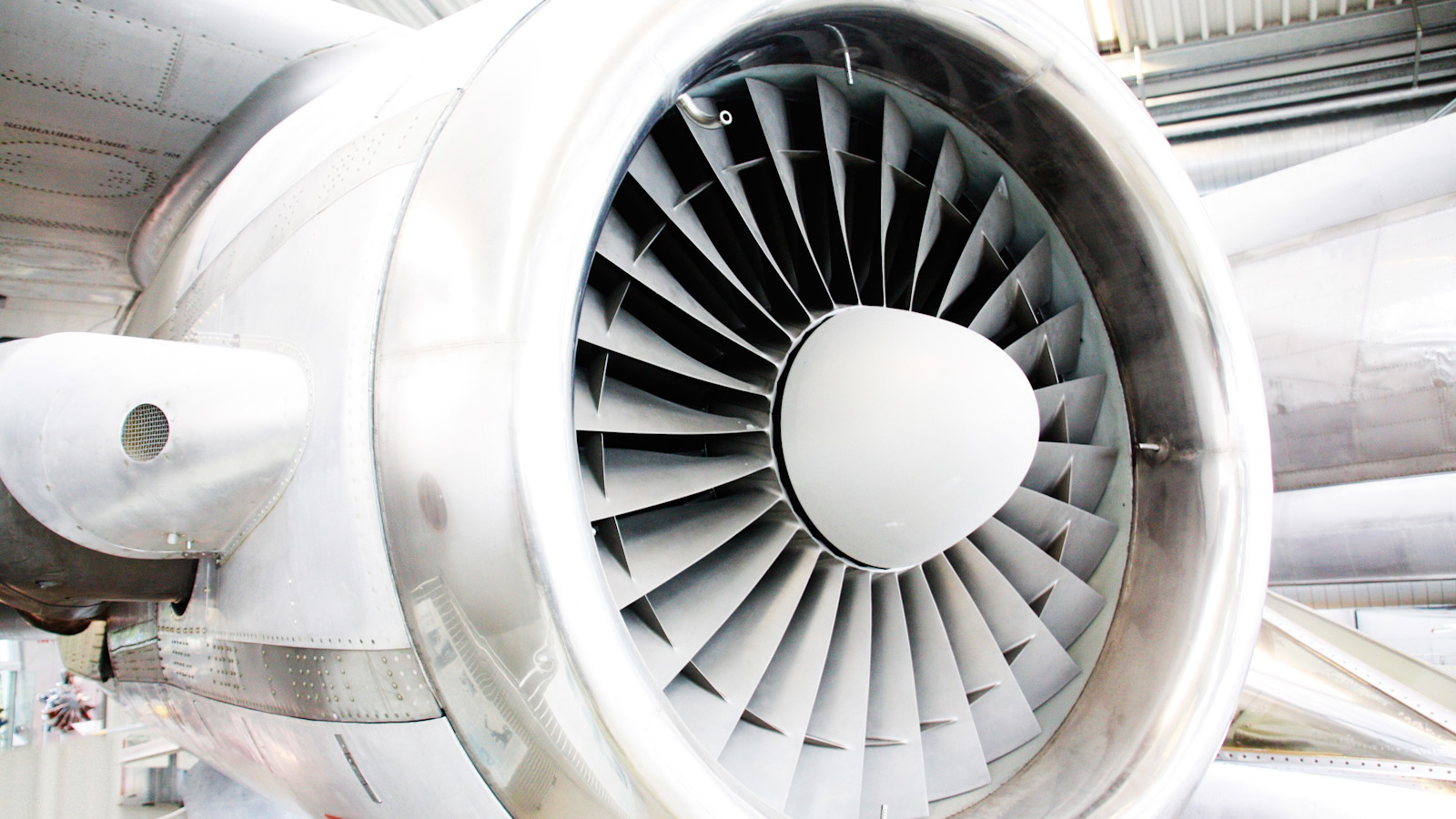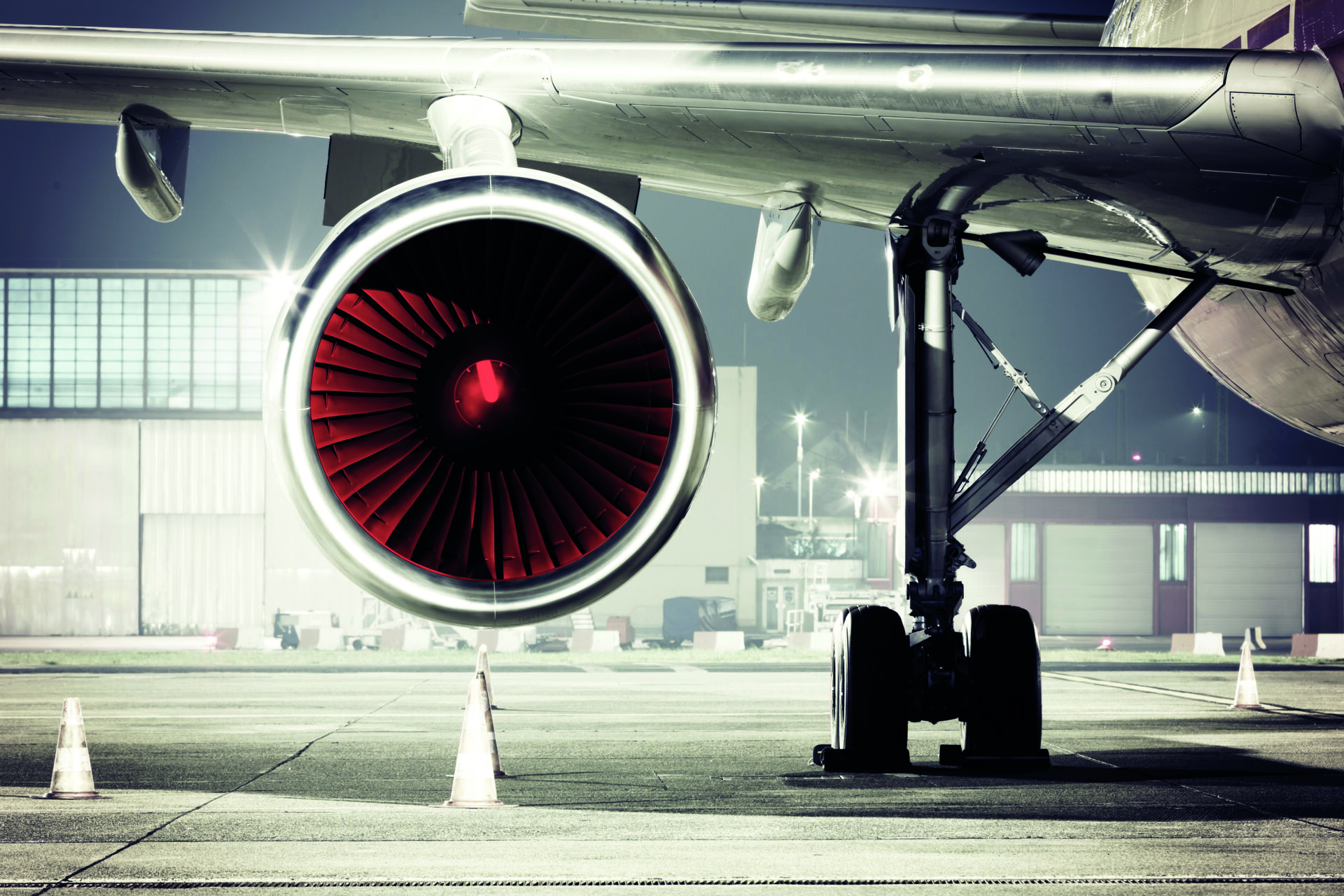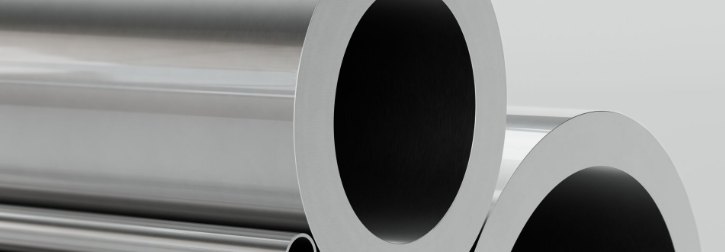Titanium Grade 9’s exceptional blend of lightness and tremendous fatigue resistance makes it ideal for the production of more sustainable aircraft. As a key end-to-end producer of Ti Grade 9 tubing, Alleima helps the aerospace industry cut carbon emissions and improve fuel efficiency.
Menu
- Home
-
Products
-
Wire
- Ultra-fine medical wire
- Fine wire
- Electroplating and electropolishing of wire and parts
-
Tube, pipe, fittings and flanges
- Articles
- E-Track
-
Tradeshows
- Subsea Tieback
- OTC Asia 2024
- AMPP Annual Conference + Expo
- Canadian Hydrogen Convention
- OMTEC Conference
- AMPP Italy Conference and Expo 2024
- Hydrogen Technology Expo North America 2024
- Farnborough International Airshow
- NAICE 2024
- LARTC 2024
- Rio Oil and Gas 2024
- Heat Exchanger World Americas 2024
- ADIPEC 2024
- Nuclear Manufacturing Summit
- Technical services
- Approvals and standards
- Stock program
-
Tubular products
- Zirconium tubes
- Umbilical tubes
- Titanium tubes
- Thermocouple tubes
- Superheater tubes
- Subsea tubes
- Stripper tubes
- Steam generator tubes
- Scrubber tubes
- Riser tubes
- Reheater tubes
- Recuperator tubes
- Production tubing (OCTG)
- Precision tubes
- Nuclear steam generator tubing
- Nuclear fuel tubes
- Nitric acid tubes
- Muffle tubes
- Medical tubes
- Mechanical tubing
- Laying head pipe
- Lance tubes
- ISO/EN tubes
- Hydraulic and instrumentation tubing
- Hollow bar
- High-temperature tubes
- High-pressure tubes
- Heat exchanger tubes
- GDI and CNG fuel system tubes
- Furnace tubes
- Flowline piping
- Flanges
- Fittings
- Finned tubes
- Evaporator tubes
- Ethylene furnace tubes
- Downhole casing
- Control lines
- Condenser tubes
- Composite tubes
- Coiled tubing
- Chemical injection lines
- Capillary tubes
- Boiler tubes
- Bimetallic tubes
- ASME/ASTM welded pipe
- ANSI/ASME pipe
- Aerospace tubes
- High-performance materials
- List of alloys
-
Strip steel
-
Strip products
- Compressor valve steel
- Razor blade steel
- Doctor blade steel
- Precision strip steel
-
Knife steel
- Damax™ damascus steel
- Knife steel knowledge
- Size range
- Mechanical properties
- Material selection table
- Our knife steels
-
Hardening guide
- Purpose of hardening and tempering
- The hardening procedure
-
Hardening programs
- Alleima® 7C27Mo2 piece hardening
- Alleima® 7C27Mo2 batch hardening
- Alleima® 19C27 piece hardening deep freezing -70°C/95°F
- Alleima® 19C27 piece hardening
- Alleima® 19C27 batch hardening deep freezing -70°C/-95°F
- Alleima® 19C27 batch hardening
- Alleima® 14C28N piece hardening deep freezing -70°C/-95°F
- Alleima® 14C28N piece hardening deep freezing -20°C/-5°F
- Alleima® 14C28N piece hardening
- Alleima® 14C28N batch hardening deep freezing -70°C/-95°F
- Alleima® 14C28N batch hardening deep freezing -20°C/-5°F
- Alleima® 14C28N batch hardening
- Alleima® 13C26 piece hardening deep freezing -70°C/-95°F
- Alleima® 13C26 piece hardening
- Alleima® 13C26 batch hardening deep freezing -70°C/-95°F
- Alleima® 13C26 batch hardening
- Alleima® 12C27M piece hardening -20°C/-5°F
- Alleima® 12C27M piece hardening
- Alleima® 12C27M batch hardening deep freezing -20°C/-5°F
- Alleima® 12C27M batch hardening
- Alleima® 12C27 piece hardening deep freezing -70°C/-95°F
- Alleima® 12C27 piece hardening deep freezing -20°C/-5°F
- Alleima® 12C27 piece hardening
- Alleima® 12C27 batch hardening deep freezing -70°C/-95°F
- Alleima® 12C27 batch hardening deep freezing -20°C/-5°F
- Alleima® 12C27 batch hardening
- Spring steel
- Shock absorber strip steel
- Coated steel strip
- Thermocouple strip
- Resistance heating strip
- Applications
- Medical strip steel
- Size tolerances
- Shape
- Edges
- Surfaces
- List of alloys
- Alloy surcharges
-
Strip products
- Plate and sheet
- Furnace products and heating systems
- Coated Strip Steel
- Billets and blooms
- Solid bar and hollow bar
-
Wire
-
Technical center
- Corrosion tables
- Corrosion knowledge
- Safety information sheets (SIS)
- Welding guide
- Shielding the weld
- Material datasheets
- Pressure calculations
- Whitepapers
-
Webinars
- O&G Applications: Technical Benefits of a Seamless Control Line for Downhole Webinar 2
- Corrosion Resistant Alloys for Heat Exchanger in the Chemical Process Industry(2)
- O&G Applcations: Technical Benefits of a Seamless Control Line for Downhole
- The Duplex Stainless Steel Webinar Series: Get the best of both worlds
- Carbon Capture, Utilization, and Storage: Introduction to Material Selection Webinar
- Carbon Capture, Utilization, and Storage: Introduction to Material Selection Webinar
- Captura, Utilização e Armazenamento de Carbono : Uma Introdução a Seleção de Materiais
- Fertilizer Applications: Corrosion Resistant Material Selection
- Corrosion Resistant Alloys for Heat Exchanger in the Chemical Process Industry
- Sanicro 35: Bridging the Gap Between Stainless and Nickel Alloys for Refinery Applications
- Careers
- Contact
- Investors
- News & media
- About us
- Sustainability



 Inger Fjällström, Sales Engineer for Special Metals
Inger Fjällström, Sales Engineer for Special Metals
 Guirec Guyon, Global Industry Manager Aerospace
Guirec Guyon, Global Industry Manager Aerospace